A Tale of Two United Board Fellows
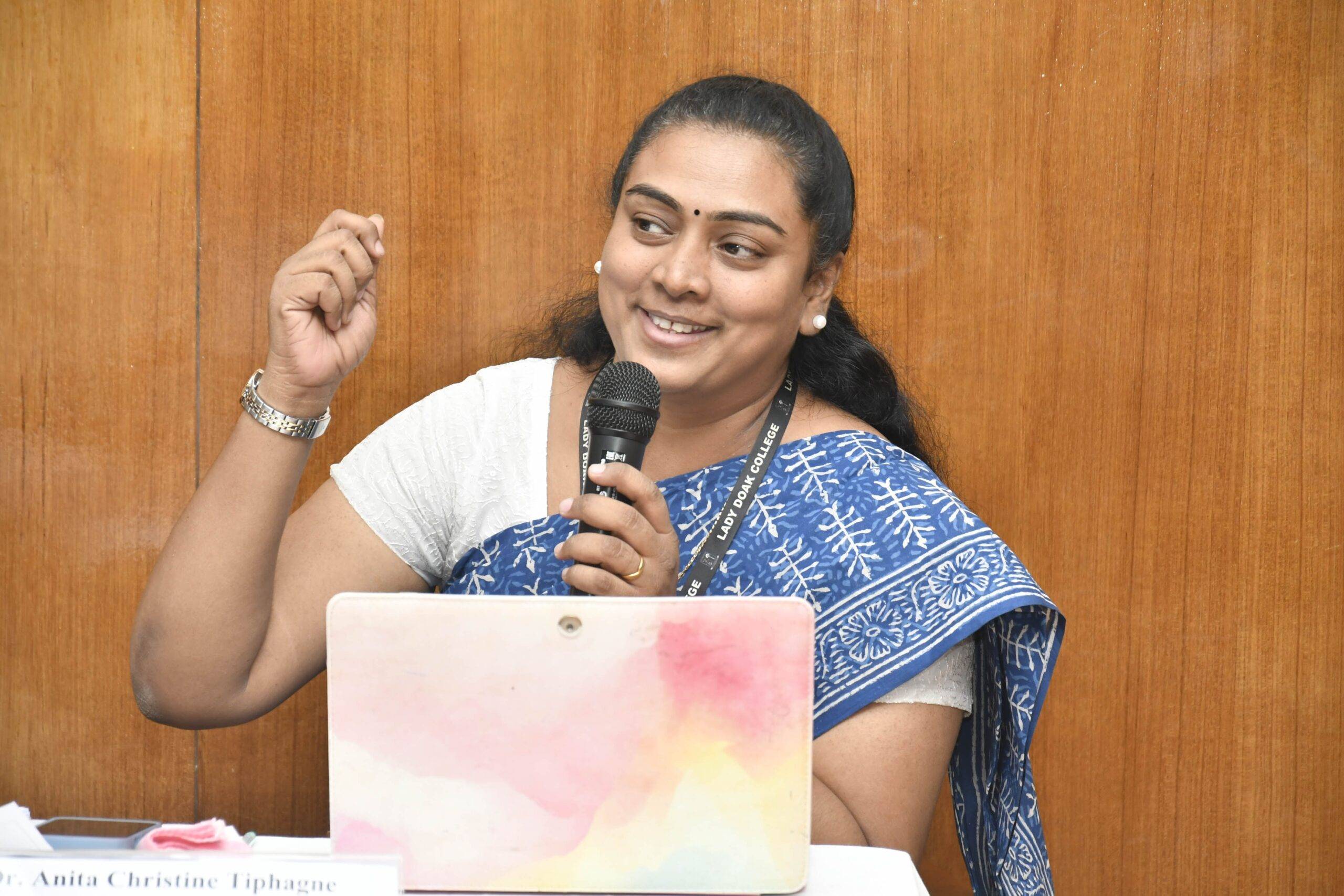
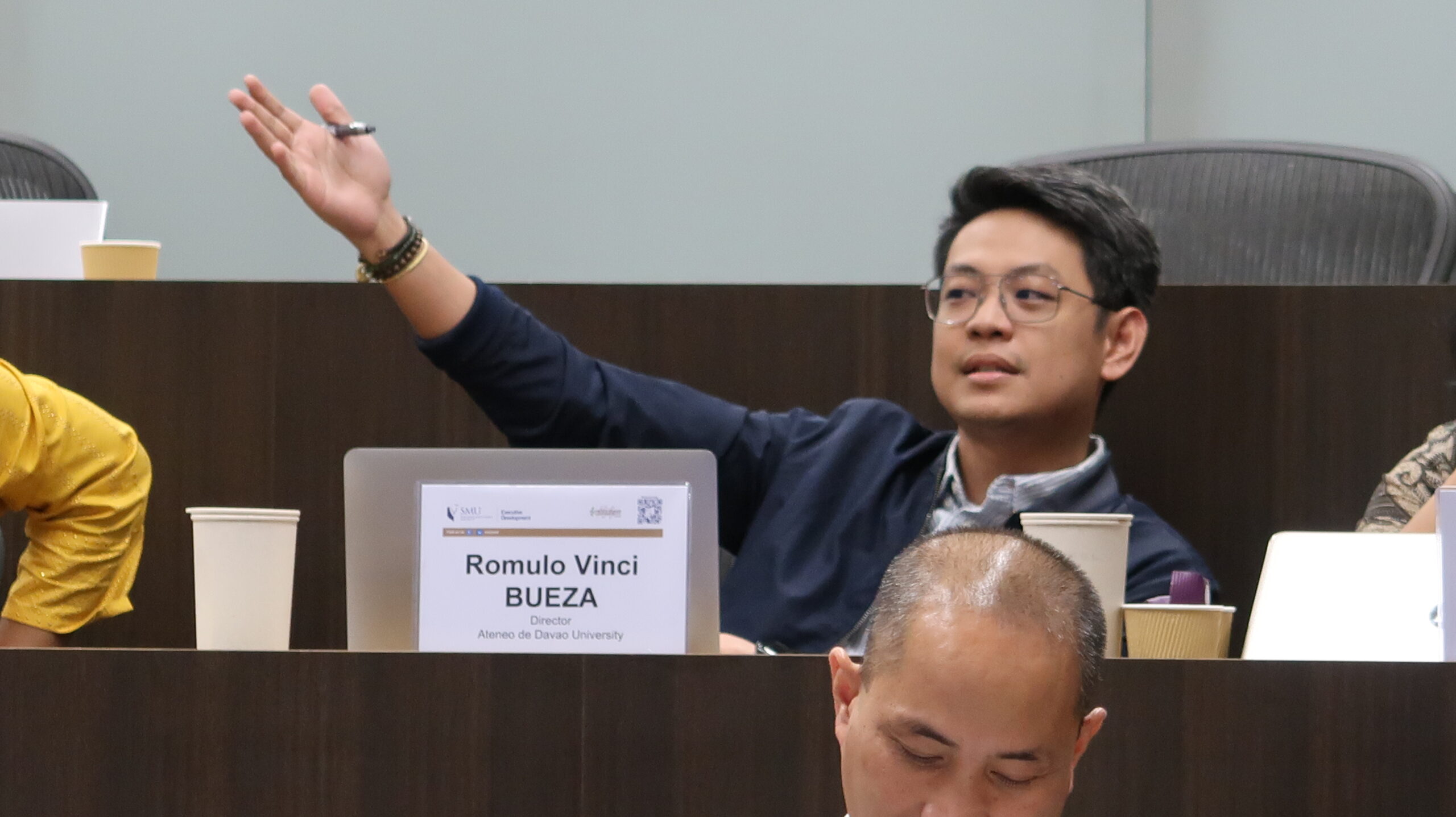
A linchpin of the United Board’s service to higher education in Asia is to develop the students intellectually, ethically, and spiritually. To achieve this mission more effectively, the United Board has through its Fellows Program developed the leadership skills of young academics and administrators and broadened their network so as to prepare them for greater responsibilities and high-valued services to their home institutions.
In each cohort of the Fellows Program, the Elisabeth Luce Moore Scholarship is awarded to the one with the most outstanding overall performance. Horizons talked to two recent recipients of the scholarship—Dr. Anita Christine Tiphagne and Mr. Romulo Vinci R. Bueza of the 2019-2020 and the 2021-2022 cohorts, respectively.
A sampling of exemplars
Anita was raised in Madurai, India and attended Lady Doak College, where she obtained her undergraduate degree in Social Sciences. She also has a Master’s in Social Work and Sociology, and a PhD in Sociology and went on to teach at Lady Doak for more than 16 years. Besides being Assistant Professor at the Department of Social Sciences, she is actively involved in staff association matters and other functions at the College like service learning, alumni relations, fundraising, and campus development.
Vinci was born and educated in the small city of Naga in the Philippines. After getting his BA in Philosophy from Ateneo de Naga University, he worked there for a year as assistant to the then president Fr. Joel E. Tabora. When Fr. Tabora moved to head Ateneo de Davao University (ADDU) 13 years ago, Vinci followed his mentor to Davao as Assistant to the President for External Affairs. His other roles include Director of Ateneo Internationalization for Mindanao Office and Program Manager of the Madaris Volunteer Program. Vinci sees his role as a steward of the mission of the university for the good of the community.
Ingrained humanism
As Anita admits, a social consciousness and activism run in her family. Her father is a human rights lawyer who taught her never to take no for an answer. Her mother was a teacher whose good work included helping women in distress. Anita began her social engagement in high school in work concerning child labor and refugees. From that time on, she has refused to endorse the buying and display of fireworks if they were produced with the exploitation of children.
One of her role models is her grandmother who was a French missionary doctor who had dedicated her whole life to services in India. She remained unmarried but adopted six children including Anita’s father, who in turn adopted a daughter. Anita continues this streak of altruism in the family by adopting a daughter herself. She also “adopted” teaching as her profession, as she did not think she had the knack at first but once she started teaching she found she loved it so much that she cannot imagine herself not doing it.
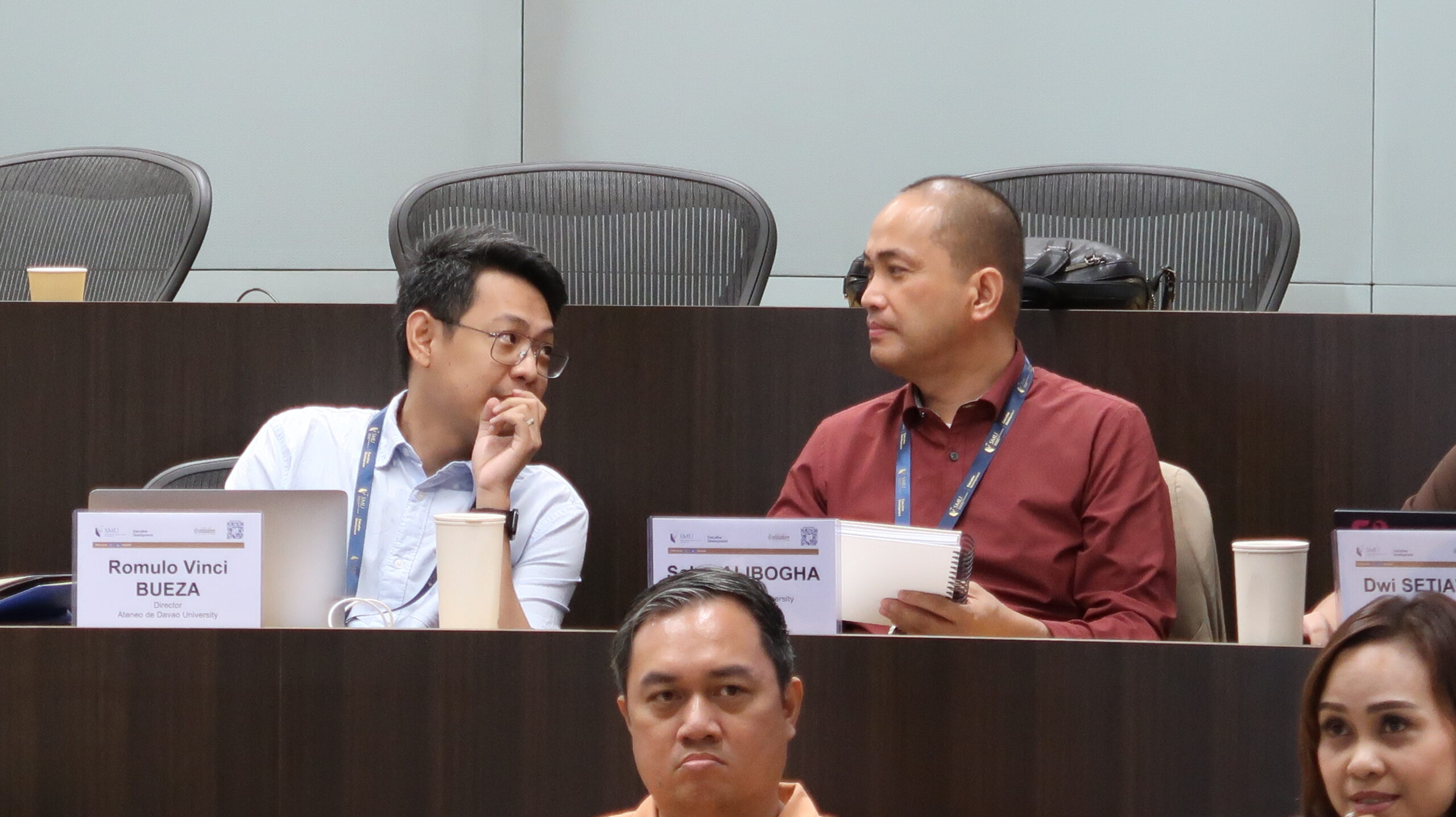
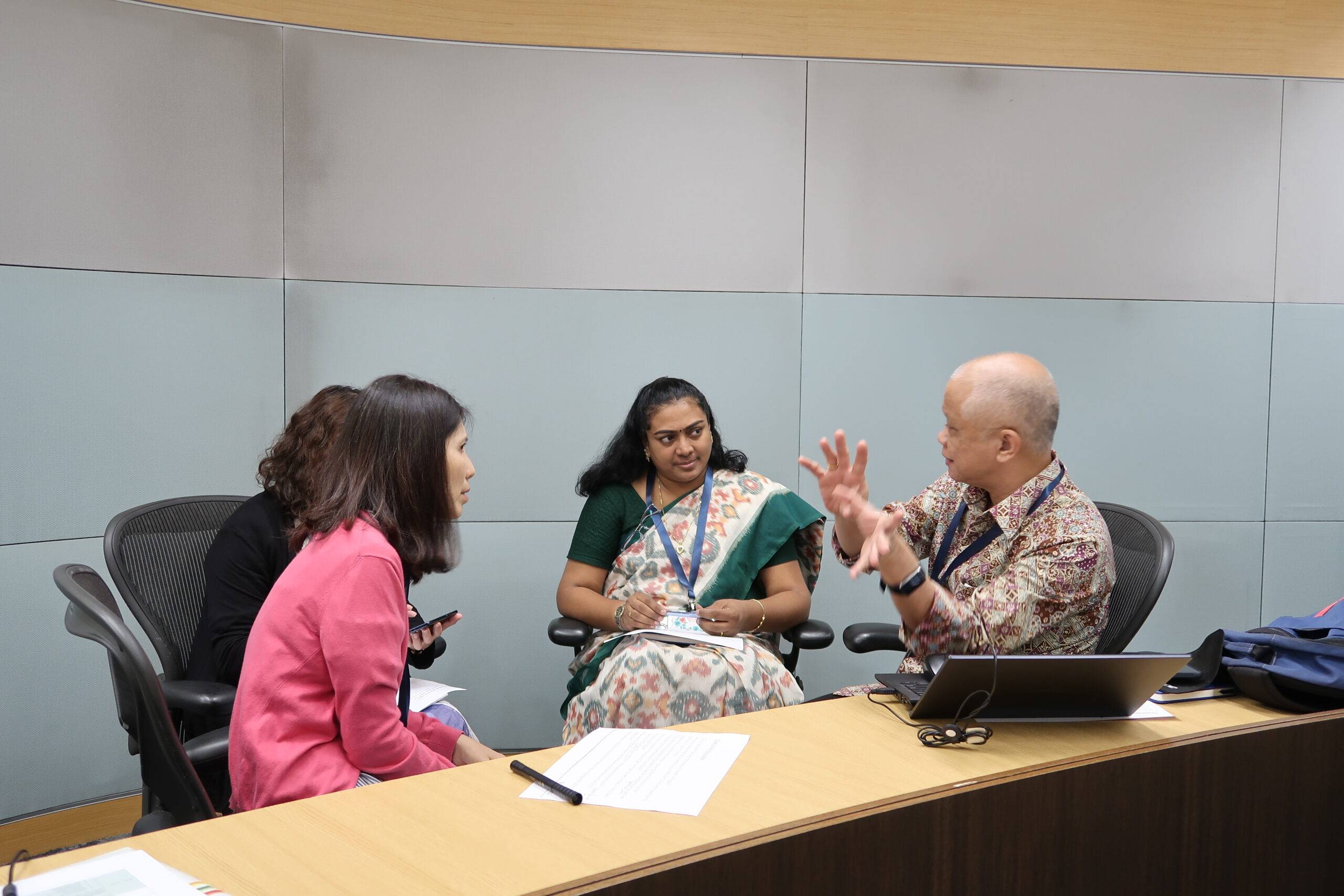
The move from his relatively homogeneous hometown in Naga to Davao opened up new vistas for Vinci. His interest in community and the environment motivated him to pursue an MA in Anthropology at ADDU. He has since developed an abiding interest in disaster anthropology.
Vinci was drawn to disaster anthropology because it looks at how natural phenomena strike at communities and affect lives. He did his research not only in Davao but also in his hometown which knows all kinds of natural hazards such as earthquakes and typhoons. The subject also allows him to examine the milieux—policy, political, economic—under which disasters occur and how individuals and communities perceive, make sense of, and respond to adversities. In studying the forces of nature, he understands more about the workings of the individual and the communal.
Vinci said, “Climate change is ultimately about social justice, for it is the poorest and the most vulnerable segments of society that suffer directly the consequences of our irresponsible treatment of the environment.”
Change-agents of change-agents
Both Anita and Vinci are driven by a desire to create a better world for the young in their communities. Anita believes that students should not be confined to the classroom but should be disabused of what hides the problems in the real world. Her view of education was influenced by the philosopher Paulo Friere who imprinted in her the idea of a democratic classroom where the teacher carries on dialogues with her students.
She said, “A teacher’s task is to encourage her students to know what’s right from wrong around them and to bring about changes for the betterment of the community.” She has worked as part of the service learning team at Lady Doak College which was one way of connecting the classroom to the community. She modestly characterizes her role as that of a facilitator, but in truth she is a change-agent given the charge of many potential change-agents.
Through the Madaris Volunteer Program at ADDU, volunteers are sent to Muslim communities in some of the most backward and forsaken regions in the Philippines to train the teachers there. After several years, Vinci said, seeing the impact the program made on the quality of education in those regions still gave him goosebumps. He is particularly gratified to see the gradual acceptance and recognition of their work by the local people. He also realized that he and the volunteers have something to learn from the indigenous people as understanding of their lives and religions from up close in conversations, prayers, and shared meals has transformative effects on both sides.
Plates of plenty to take home
Anita began her program before the pandemic struck and her cohort was able to attend the leadership workshop at Harvard University in 2019. She recalled, “Those three weeks at Harvard, interacting with the resource persons and all other Fellows, made me rethink myself as a leader and the responsibilities that come with it. It has shaped and strengthened me in many ways. Most of all, I learned that I must not cultivate my students’ mind at the expense of their heart.”
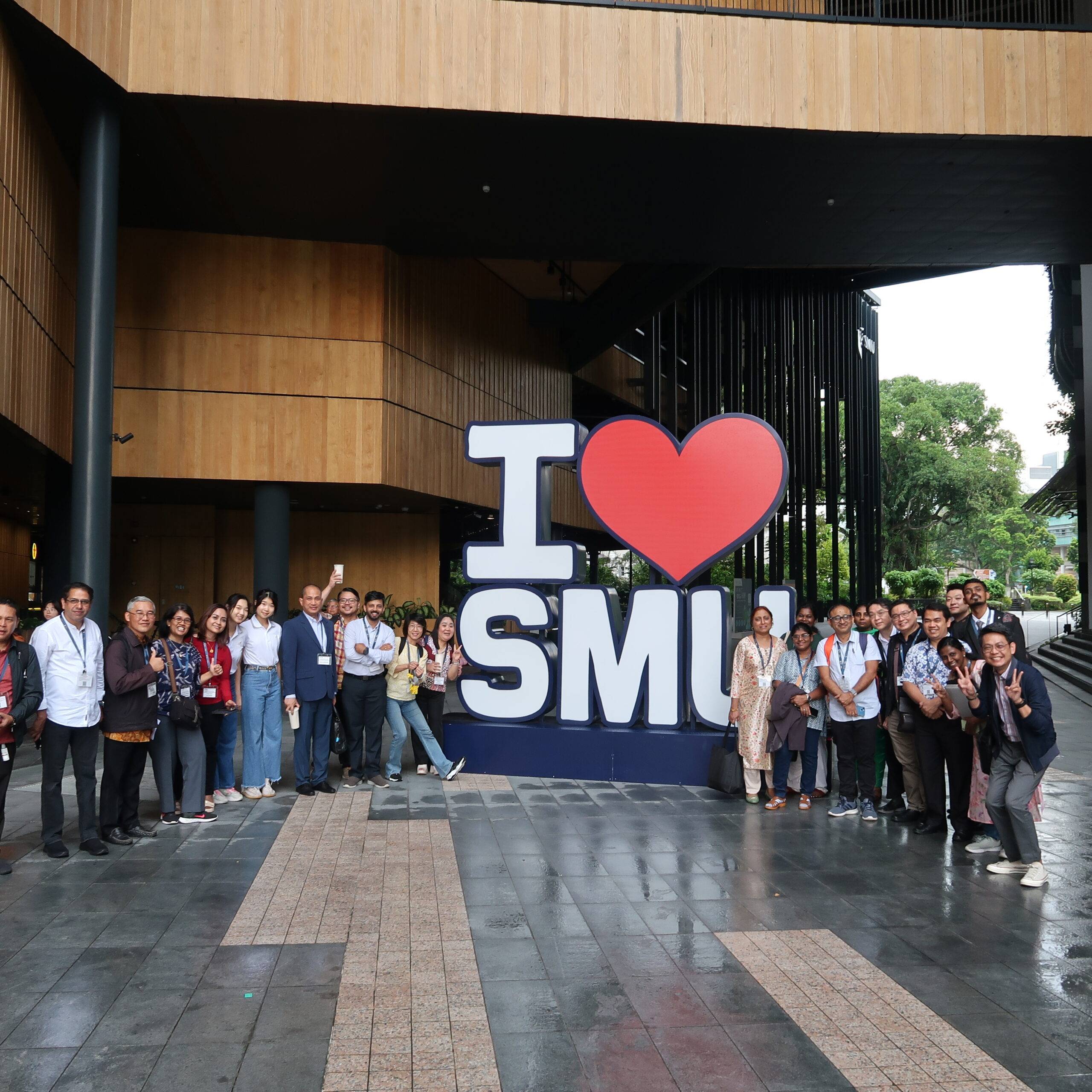
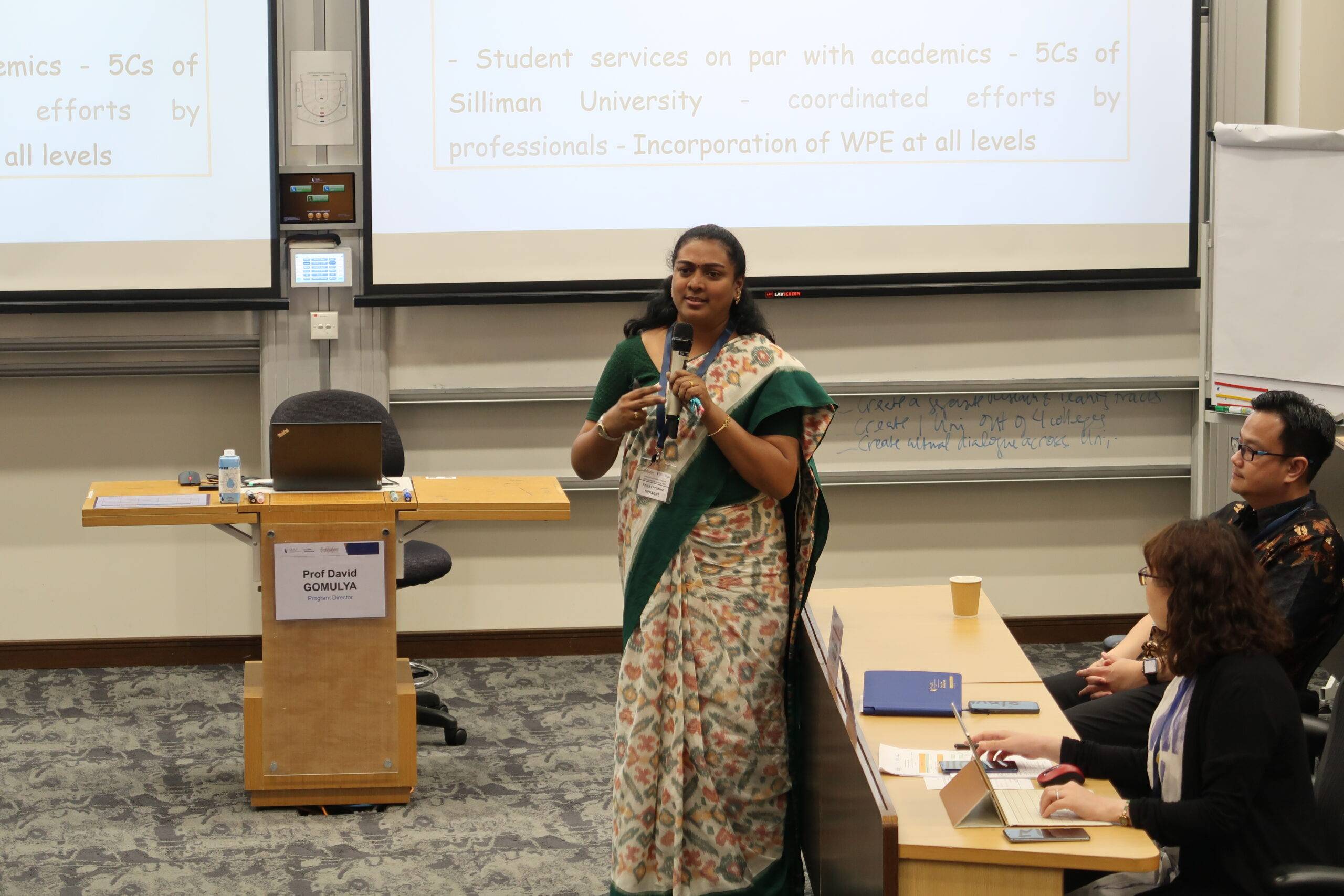
The pandemic deprived Vinci and the others in his cohort of some of the in-person learning opportunities. But the Leadership Seminar at Singapore Management University in July 2023 was a treasure trove to open his eye to innovative concepts and remind him of his duty to bring those insights home to benefit his university.
He said, “I was fascinated by some of the innovations being carried out at Singapore Management University such as the Resilience Framework and the Blue Ocean Strategy. I immediately thought of adapting and implementing those at my university.” Upon returning to Davao, he immediately turned his inspirations into concrete proposals to the president and other units concerned.
Anita agrees that the Leadership Seminar was transformative. In her own words, “All United Board programs have gone beyond the program contents and exceeded all expectations.” She is adamant that she would make the best of the knowledge and network from the Fellows Program to continue to influence young minds and make a difference to the community.
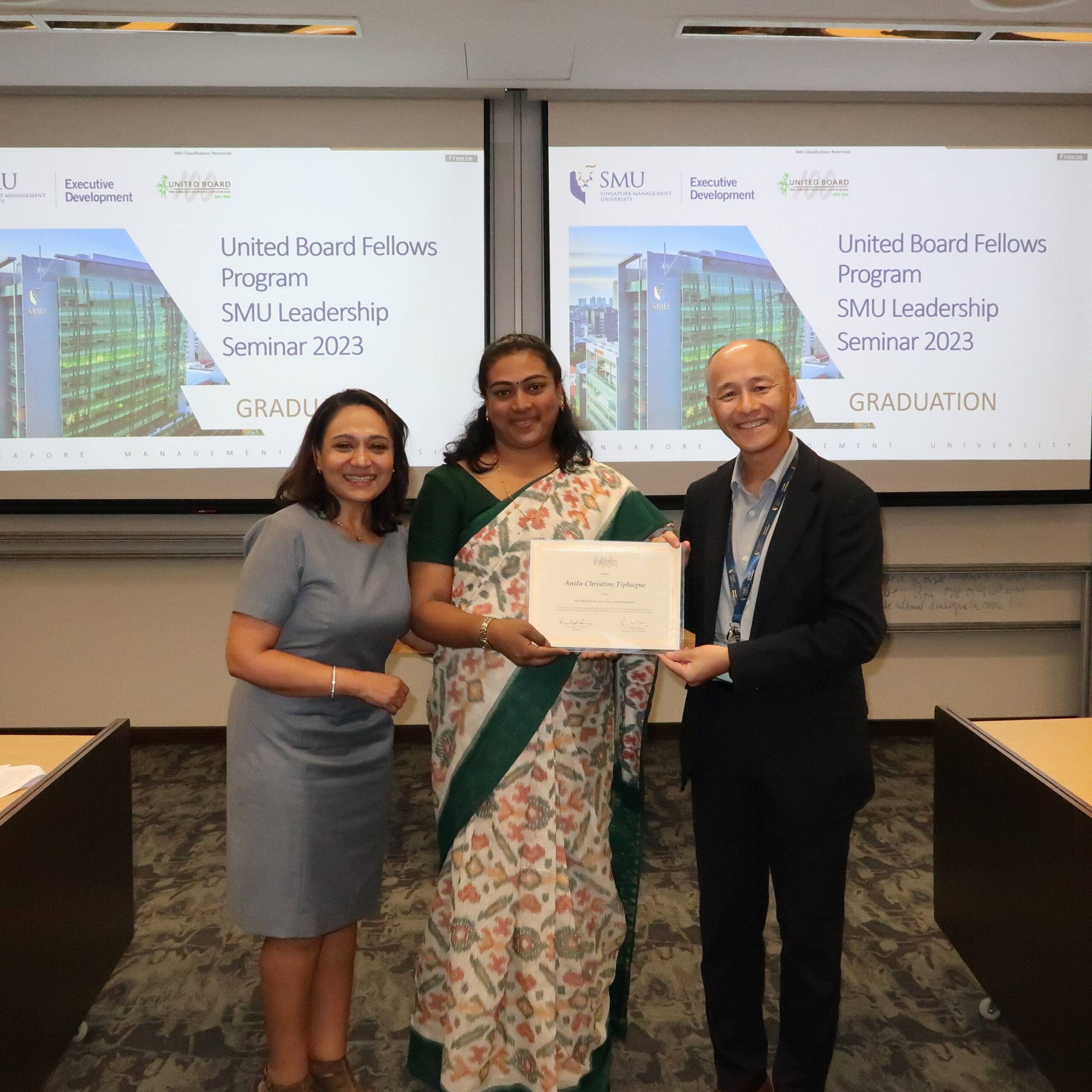
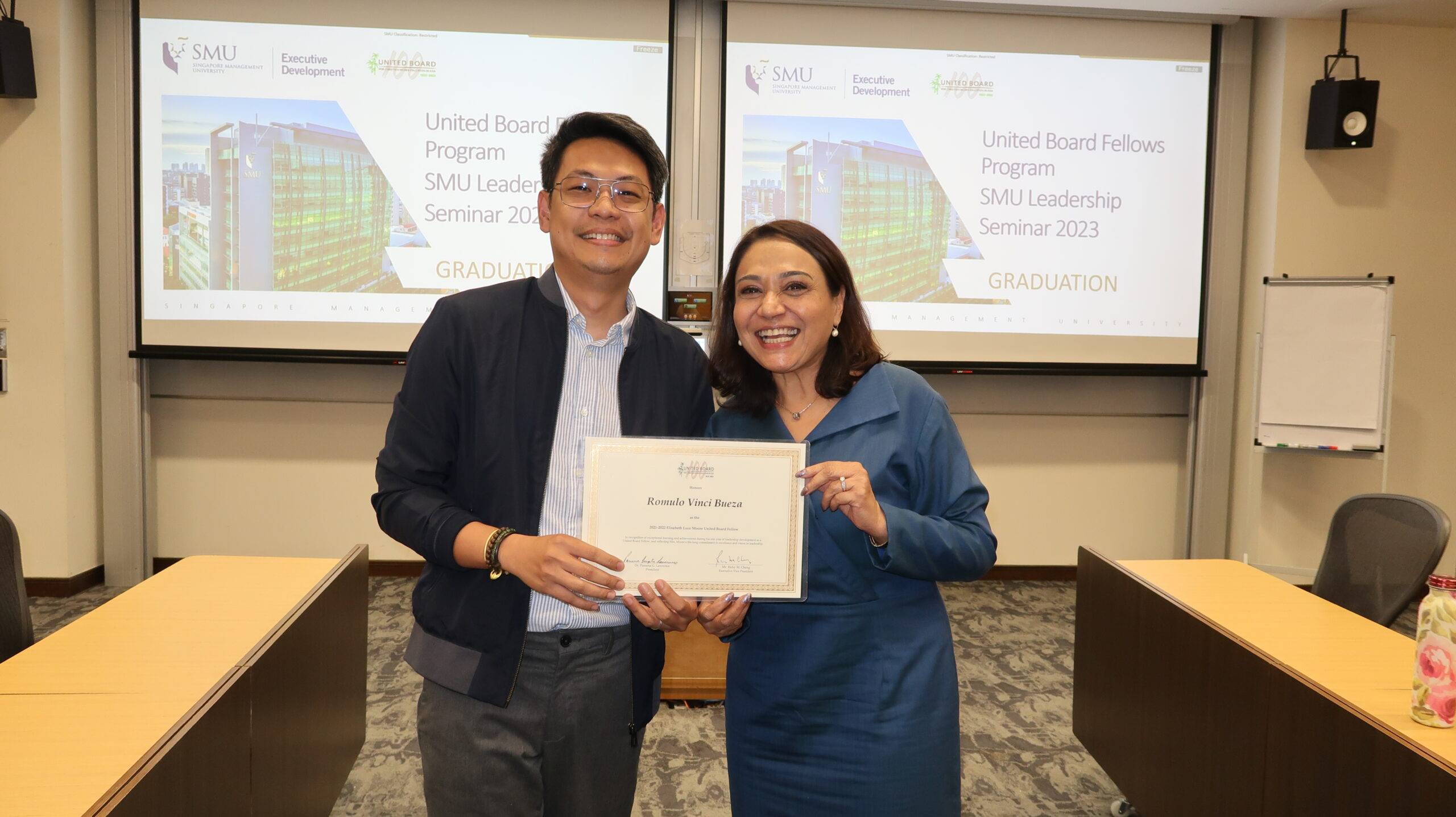
From the stories of Anita and Vinci, it can be seen that the United Board Fellows Program has come to be a breeding ground for young leaders who are serious about putting their vision and energy into actions. This vibrant force which is the United Board Fellows makes the prospect of higher education in Asia, despite the myriad of regional and local challenges, look promising indeed.
